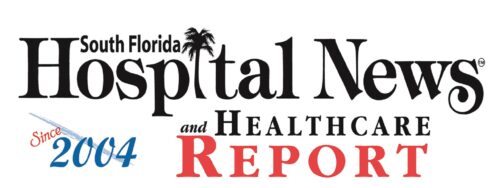
By Joshua Navarro, Esq.
As the hemp industry continues to grow in the face of COVID-19, many prospective Florida hemp enterprises are looking to fill gaps in their plans to execute a profitable business strategy. Furthermore, with over 200 hemp cultivator permits already approved by the Florida Department of Agriculture and Consumer Services (FDACS), local farmers are also looking to gear-up their operations. One integral, oft-overlooked piece of this complex puzzle is the importance of having a quality transportation plan for shipping materials in compliance with state guidelines.
In order to transport any form of hemp into the state of Florida, one must stop at an Agriculture Inspection Station with the proper paperwork on-hand. These agricultural inspection stations have been installed by FDACS to protect Florida agriculture as a whole, as well as to maintain and ensure a safe food supply (hemp is currently considered a food product in Florida). Once at the station, a transporter must provide: (1) a phytosanitary certificate; (2) a certificate of analysis from a third-party accredited testing laboratory showing total THC; and (3) the bill of sale/lading.
For transportation of hemp within the state, FDACS requires hemp materials to be transported in fully enclosed vehicles or containers. In terms of appropriate containers, the Department has suggested simple solutions such as garbage bags with taut draw-strings or tote containers with lids. There also remains an option to transport in a fully-enclosed vehicle with solid walls, or in an appropriately tarped or plastic-lined trailer or truck bed. As with the documents required for importation of hemp, it is imperative to have these same papers on-hand in order to prevent possible issues with law enforcement (especially the certificate of analysis that proves your product is less than 0.3% total THC).
As is good practice for any business, hemp entrepreneurs should be making every effort to ensure that their entire process – including transportation, is documented as much as possible. Kevin Schultz, President of 357 Hemp Logistics and Member of the Florida Hemp Council, said “It is imperative that the hemp industry recognizes transportation as an essential expense that can be extremely risky, and realize that most cargo insurance policies do not cover hemp! It can be a costly, and potentially traumatic lesson to learn for those who make transportation a last-minute priority.”
This especially rings true in a perplexing era in which law enforcement across the country are still routinely stopping and seizing hemp crops and products. The more documentation of legality, transparency, and proof of compliance available, the better. Don’t wait until the last minute, for assistance with transportation logistics: visit 357company.com. To stay updated with all things hemp, become a member of the Florida Hemp Council at www.theFLHC.org today!
Joshua Navarro, Esq., is Operations Director, The Florida Hemp Council.









